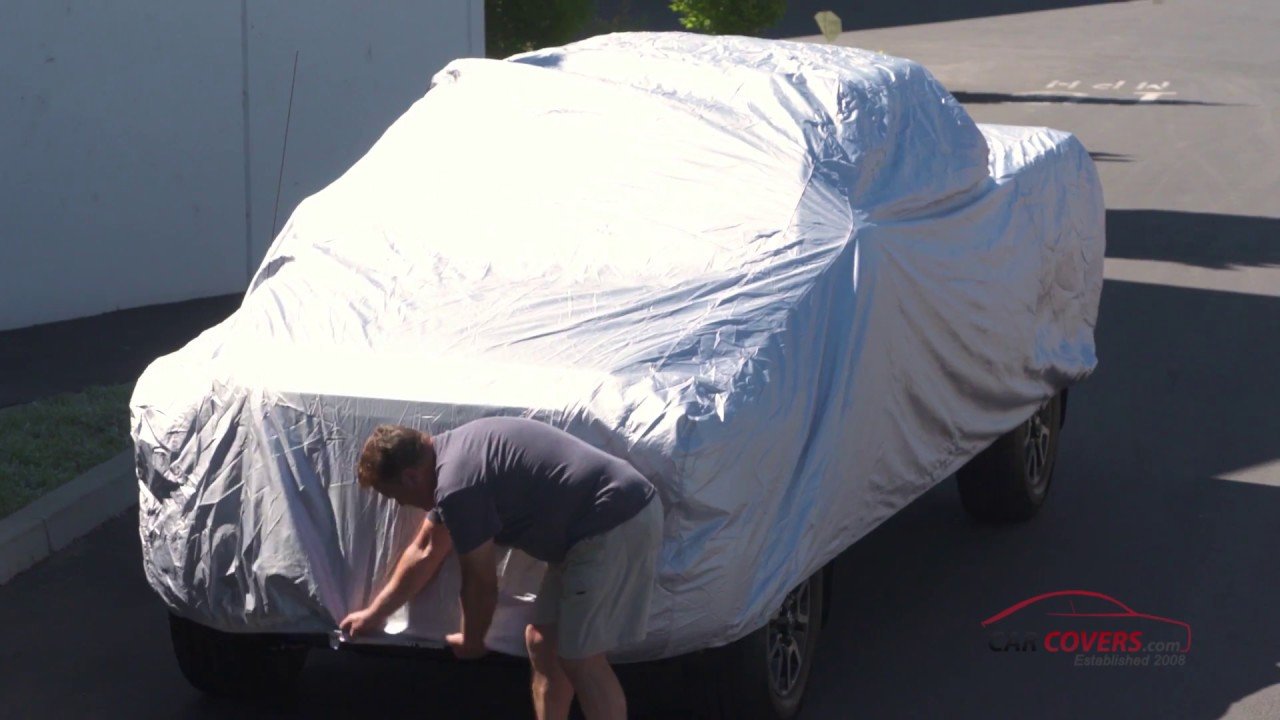Choosing the Right Truck Cover: Factors To Consider Before Making a Purchase

For truck owners, investing in a quality truck cover is a thoughtful step toward protecting their valuable assets. A suitable cover is indispensable, from safeguarding the paint to keeping the interior safe from environmental elements. The market teems with options, each boasting distinctive features and materials designed to cater to various needs and preferences. Deciphering which cover will grant the best protection for your truck requires an informed decision. This article will navigate the essentials you must weigh before purchasing a truck cover.
Assessing the Fit: Custom vs Universal Truck Covers
The longevity and effectiveness of truck covers largely depend on the material used in their construction. Polyester provides a lightweight option for dust protection, while heavier-duty materials like polyethylene are better for weather resistance. The thickness of the material, often referred to as denier, also contributes to its durability – the higher the denier, the tougher the cover.
Fit is another critical factor to consider when choosing a truck cover. While universal covers are cost-effective, they may not provide a snug fit, leading to moisture entrapment or damage from the cover flapping in the wind. On the other hand, custom covers are tailored to fit your truck model perfectly, ensuring optimal coverage and protection.
However, custom covers can be considerably more expensive. Whether the extra expense is justified depends on the level of protection you require and whether your truck has unique features or aftermarket modifications. In such cases, a custom cover is often the only option that will accommodate the unique shape and size of the vehicle.
It’s also worth considering how frequently you will use your cover. A custom cover could be more practical for those who intend to use it daily. It’s easy to use, with openings aligned with the truck’s doors and mirrors for quick access.
A truck cover should also stay securely in place in windy conditions. Many covers come with grommets for tie-downs or elasticized hems that help keep the cover in position. Select a fit that guards your truck effectively and is hassle-free to use and maintain.
Weather and Environment Considerations for Truck Protection
When picking a truck cover, weather and local conditions must be considered. A water-resistant or waterproof cover is necessary in regions prone to heavy rainfall. For dry, desert climates, a cover specifically designed to block fine sand and provide UV protection will extend the life of your truck’s finish.
Temperature variations also play a role; covers designed for cold climates often include features to prevent the cover from cracking in freezing temperatures. Conversely, in hotter climates, a cover with good ventilation will prevent heat buildup, which could damage your truck’s exterior and interior components.
Living in coastal areas brings salt and moisture into the mix, which can cause rust and corrosion. A cover with a special coating that resists these elements is invaluable in these settings. Understanding your local environment and its challenges is critical for finding a cover tailored to provide maximum protection.
Depending on where it’s parked, your truck may also be at risk from tree sap, bird droppings, or urban grime. Specific covers offer resistance to these types of pollutants and make cleaning these substances from the cover easier, which helps maintain both the vehicle’s aesthetic and the cover’s longevity.
Evaluating Price Points and Warranty for Quality Assurance
The cost of a truck cover can vary greatly depending on the material quality, size, and brand. While choosing the most affordable option might be tempting, it’s essential to consider the possible long-term costs of a cheaper cover that might need to be replaced more frequently. Sometimes, investing more upfront for a durable cover can lead to savings over time.
Sifting through warranty options can unravel insights into the manufacturer’s confidence in their product. A warranty covering defects, wear and tear, or even a satisfaction guarantee can provide peace of mind. Always read the fine print to understand the extent of the warranty coverage and what actions can void it.
Lastly, comparing similar models and checking customer reviews can help you ascertain value for money. Reviews often highlight real-world durability and customer service experiences, information that could be pivotal for an informed decision.
Overall, the quest for the ideal truck cover is a balance between cost, features, and protection level. With diligent consideration of materials, fit, weather considerations, and warranties, you can confidently select a cover that safeguards your truck while aligning with your usage and budget. Choosing the right cover is not just about shielding metal; it’s an investment in preserving your truck’s value and appearance for years ahead.





